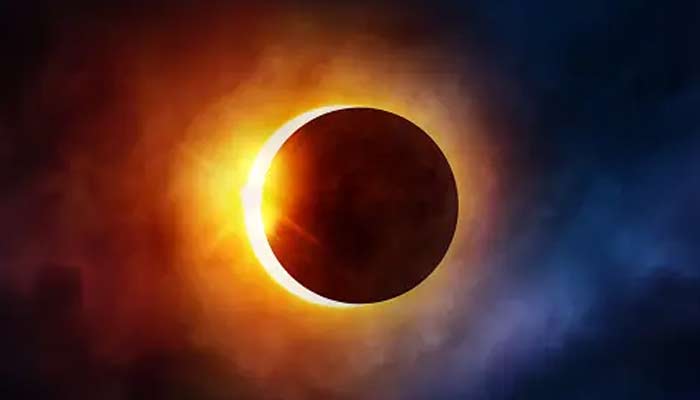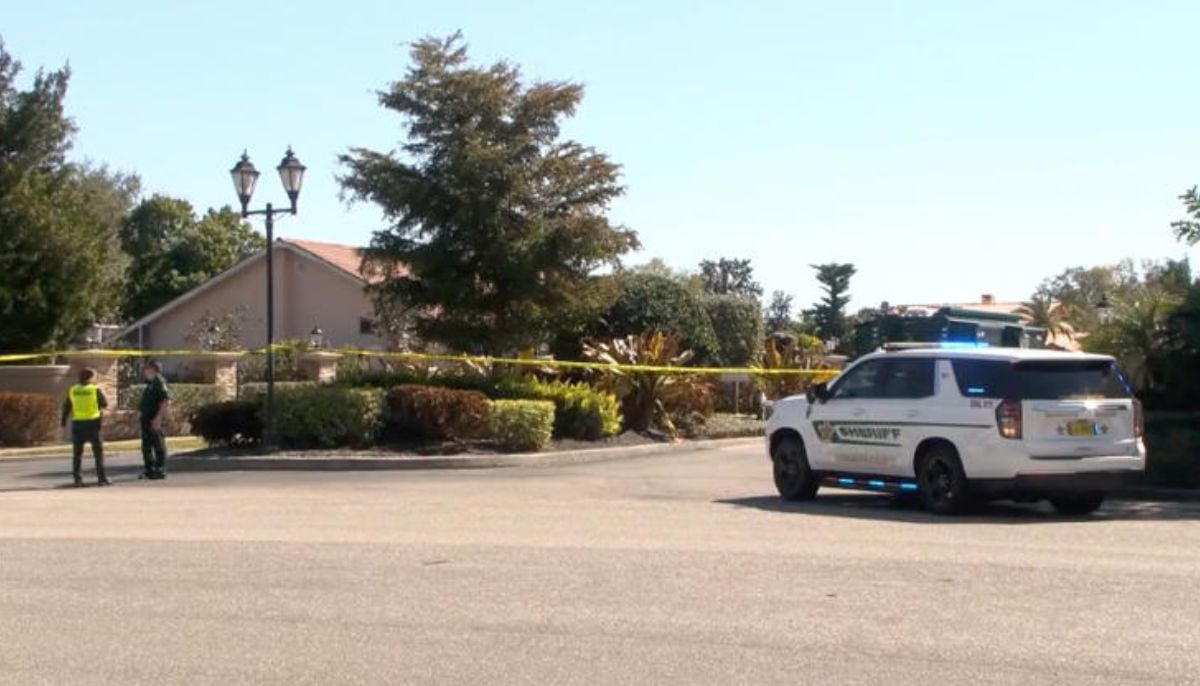Solar Eclipse 2024 in California: This is best place to see event
Total Solar Eclipse is set to take place again after 2017
On Monday, millions of people in the US will glance up at the sky together, hopefully donning the appropriate safety goggles, to see a unique Total Solar Eclipse.
And though California won't witness the totality phenomena, there's still a lot to see, according to Los Angeles Times.
When the Moon fully obscures the Sun's face and casts a shadow on a large region of the planet below, this phenomenon is known as a Total Solar Eclipse. The sky will turn pitch-black and the temperature may drop for those who live in that strip, also referred to as the path of totality.
People on the daylight side of the Earth will witness a partial eclipse, in which the Moon partially obscures part of the Sun, if they are not within the path of totality. This will be visible in Los Angeles beginning at 10:06am.
By 10:39am, there will be an evident and significant sun block that peaks at 11:12am It ends at 12:22pm, according to the Griffith Observatory.
“It’s an opportunity to see firsthand our place in the universe,” said Paul Robertson, an associate professor of physics and astronomy at UC Irvine. “We’re sitting on the surface of this rock that’s careening through space at a speed of 30 kilometres per second, and we’re doing this sort of gravitational dance with these other giant bodies.”
-
Las Vegas father shoots daughter's boyfriend, then calls police himself
-
'Fake' sexual assault report lands Kentucky teen in court
-
Woman arrested months after allegedly staging husband’s murder as suicide
-
Bangladesh sees high turnout in landmark national election
-
Lufthansa cancels hundreds of flights amid pilot and cabin crew strike
-
South Korea ex-interior minister jailed for 7 Years in martial law case
-
UK economy shows modest growth of 0.1% amid ongoing budget uncertainty
-
EU leaders divided over ‘Buy European’ push at Belgium summit: How will it shape Europe's volatile economy?












